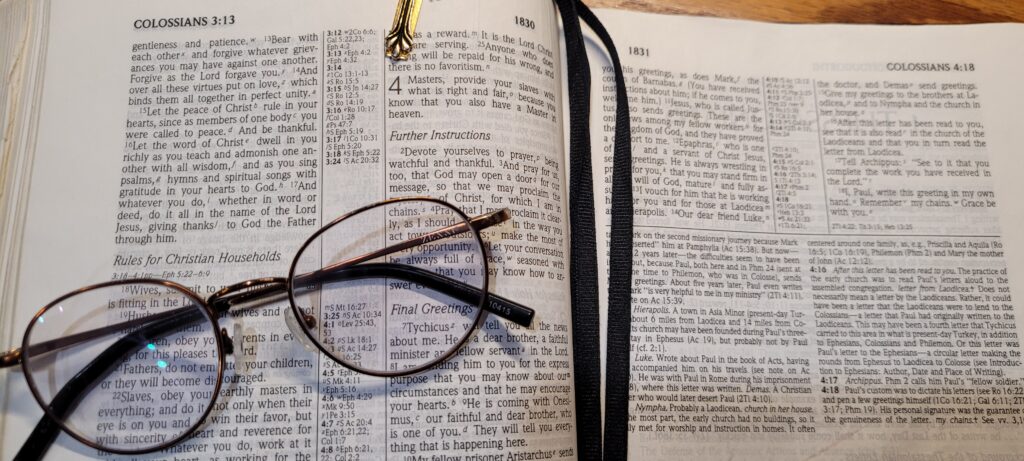Good for Them
We have moved into the time of the year that marks the first anniversary of the death of seven of our friends and family members in a very short period of time. In each of these cases, they had professed their faith in Jesus as their Lord and Savior. As I have been thinking of each of them recently, I thought, “Good for them!” We continue to grieve and mourn, but those who believed and trusted in Jesus are now with their Lord. They knew He died to pay their penalty and rose to give them victory over death. They are with their Lord now. So I say of each of them again, “Good for them!”
That is what tempers our grief when we lose a fellow believer. They are with Jesus. And we will see them again. Paul wrote about that for us.
1 Thessalonians 4:13–18 Brothers, we do not want you to be ignorant about those who fall asleep, or to grieve like the rest of men, who have no hope. We believe that Jesus died and rose again and so we believe that God will bring with Jesus those who have fallen asleep in him. According to the Lord’s own word, we tell you that we who are still alive, who are left till the coming of the Lord, will certainly not precede those who have fallen asleep. For the Lord himself will come down from heaven, with a loud command, with the voice of the archangel and with the trumpet call of God, and the dead in Christ will rise first. After that, we who are still alive and are left will be caught up together with them in the clouds to meet the Lord in the air. And so we will be with the Lord forever. Therefore encourage each other with these words.
Since I was raised using The Lutheran Hymnal, a lot of those old hymns are in my memory banks. These stanzas came to mind as I was thinking about my friends have family who died with faith in Jesus Christ.
Blest be the tie that binds Our hearts in Christian love;
The fellowship of kindred minds Is like to that above.
Before our Father’s throne We pour our ardent prayers;
Our fears, our hopes, our aims are one, Our comforts and our cares.
We share our mutual woes, Our mutual burdens bear,
And often for each other flows The sympathizing tear.
When here our pathways part, We suffer bitter pain;
Yet, one in CHrist and one in heart, We hope to meet again.
This glorious hope revives Our courage by the way,
While each in expectation lives And longs to see the day.
From sorrow, toil, and pain, And sin we shall be free
And perfect love and friendship reign Through all eternity.
The Lutheran Hymnal #464

